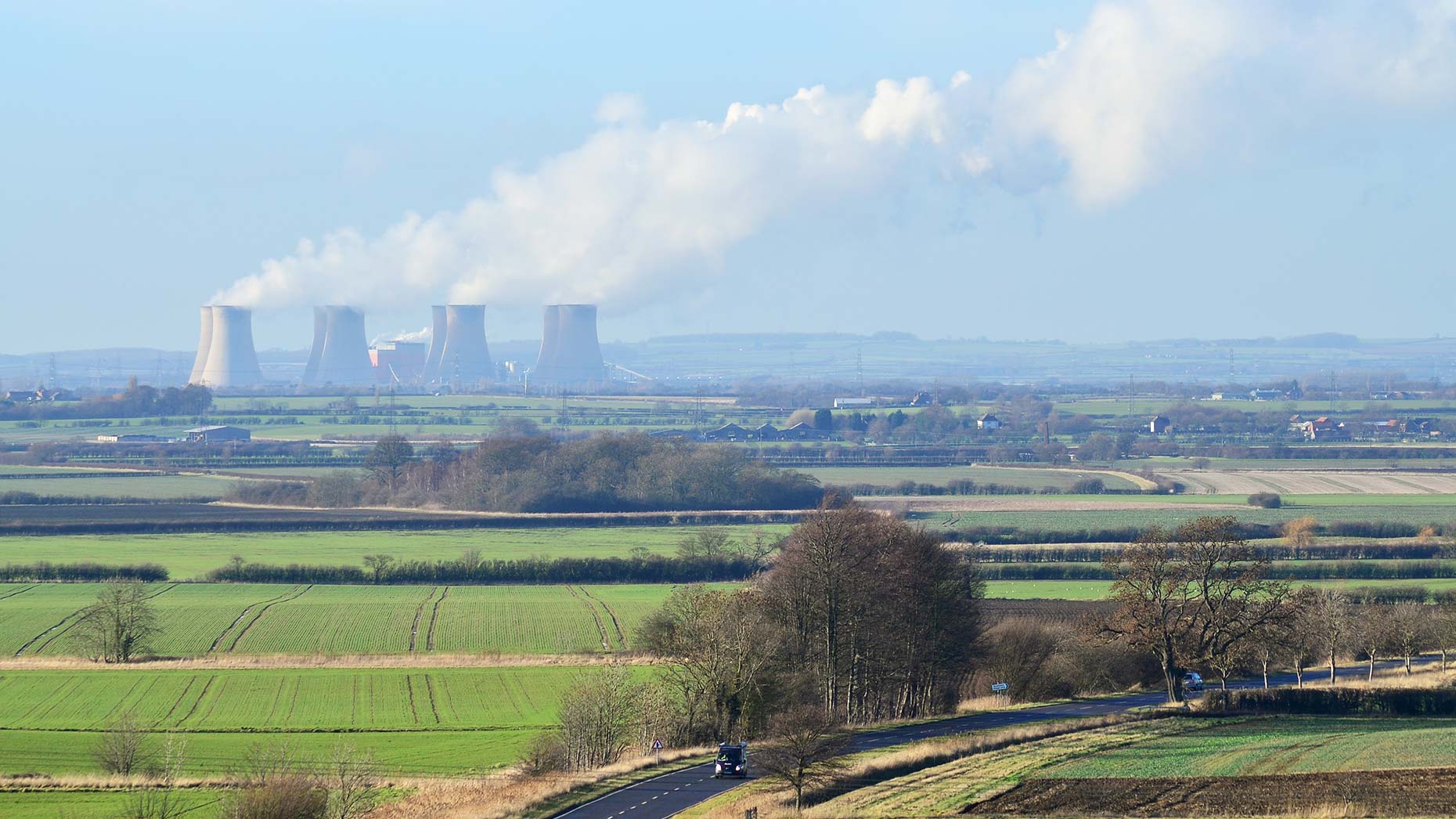In March there were films, presentations and debates at the University of Lincoln, exploring both sides of the fracking debate. “Frack Free” groups are forming in the county and the city. Members of local Transition groups are participants in them. Transition Lincoln discussed “induced hydraulic fracturing” at our meeting, and the “fracking industry” seems to be being given a major opportunity to advance their case.
What are our concerns? No doubt there are local issues like the impact on our rural roads and landscape; demand for water in an area of low rainfall; potential for pollution of water supplies; and possibilities, however remote, of seismic activity. The fracking lobby seems to want to keep the discussion around these issues, and to try to present their activities as “well regulated” and “safe”. But are they to be trusted?
They want to focus also on the potential (so they say) for jobs and the local economy. It’s evident that there are massive vested interests trying to sell the fracking project to a community anxious about energy costs, energy security and employment.
Though there are much more serious, more fundamental concerns. Fracking, at great cost in investment and both known and unknown environmental and health risks, opens up access to additional fossil fuel. This at a time when the recent IPCC report shows that the science of climate change is becoming ever more clear, and the spectre of disastrous global warming becomes more alarming.
We know that we can burn only a small proportion of the known reserves of fossil fuels. We know that we need urgently to reduce our CO2 emissions if we are to have any chance of keeping below a two degree rise in average global temperature.

The A1500 Tillbridge Lane near Lincoln, an area discovered to have shale gas resource. Photo: Steve Smailes for The Lincolnite
Indeed, we need to move as close as we can to a carbon neutral economy, characterised by renewable energy and by greatly improved energy efficiency at all levels. These are the things that need massive investment, and which will create both jobs and sustainable communities.
“They” want to tell us that shale gas will enhance our energy security and bring down energy costs. But we get only a tiny percentage of our gas from Russia. Plus it seems even industry insiders acknowledge that costs won’t come down as a result of fracking, due to wider energy market pressures in Europe.
“They” want to tell us that fracked gas is only a stop-gap fuel towards a carbon-free energy economy, but it will be years before fracked gas comes on stream in sufficient quantity to displace significant amounts of “dirty coal” that our power stations burn.
Transition Lincoln says “No” to fracking supported by massive investments and subsidies, with temptations of “sweeteners” (bribes?) for local communities. We say “Yes” to investment in decentralised renewable energy infrastructure and to genuine sustainability.
I don’t have much hope that profits from fracking will be used for serious investment for a carbon neutral economy, but rather disappear in supporting an unsustainable future UK economy that is exposed to a repeat of the boom and bust that is all so familiar.





